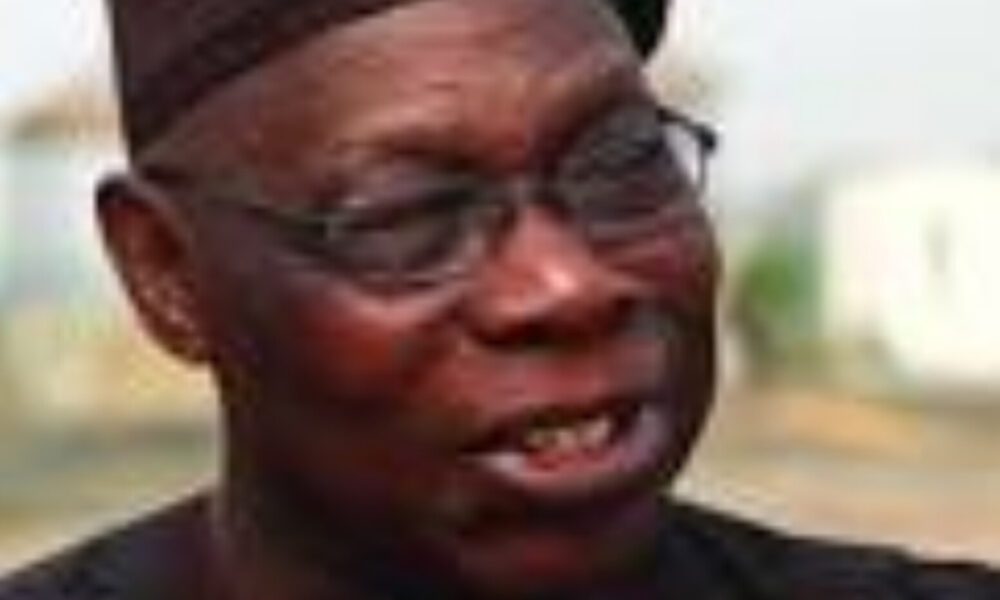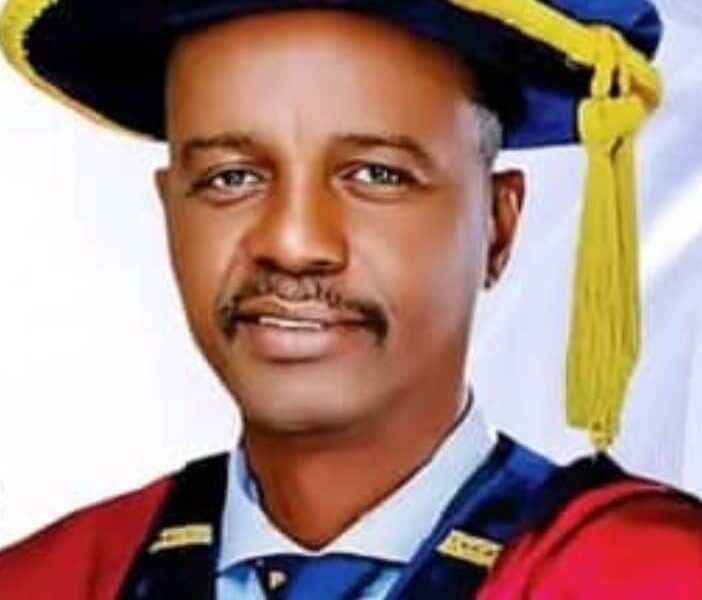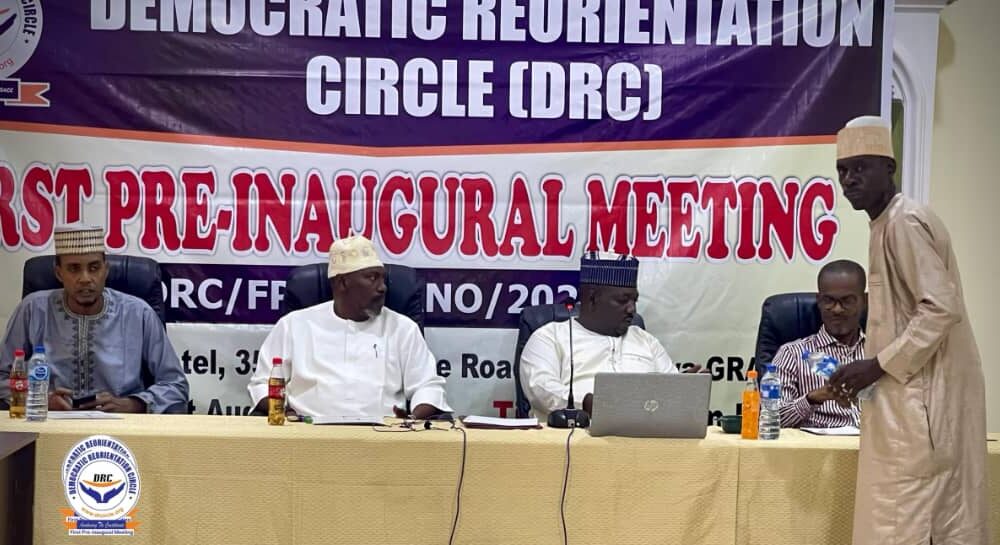The former President of the Federal Republic of Nigeria has lamented that the foundation he fought so hard to out in place has been dismantled by successive Nigeria leaders
The former President had worked tirelessly to build Nigeria’s foreign reserves from its lows of $5 billion in 1999 to about $42 billion in 2006.
He also negotiated a debt buy back that saw the country repaying $12b as against $36b it owed the Patis club.
Obasanjo who spoke when playing host to six lawmakers who visited him on the constitutional move to have a six-year single-term presidency said,
“How I wish that the succeeding governments had built on the foundation we laid, even if not as fast as one would have wanted it. Sadly, the blocks we put there are even being removed.
“What I know about Nigeria is that, yes, if we get it right—the leadership, the team, because one tree does not make a forest—you need a good leader, but you also need a good team for a job well done
“The point is that if we get this right, in about two and a half years, we shall get some of the challenges behind us, and in about 10 years, we would have a solid foundation, and in about 25 years, we would be there.
“But what we have always done is take one step forward, two steps aside, and four steps backwards, which is why we are where we are in the country.
“For me, it is not so much about the system, but we may need to rethink the liberal democracy where we talk of loyal opposition. What we do in Africa is sit down and reach a consensus, and after we have done that, there is no opposition; everyone is on the same page, and we move together.
“The word for opposition in all African languages that I have looked into is ‘enemies.’ What do you do with loyal enemies? Nothing like that; once you take it, it belongs to you—the winners take all, and the opposition goes into the wilderness. That is what we do, but this is not good. We need everyone to join hands together and move society forward.
“The issue for me, if we get it right, whether we have a single term of six years or two terms of four years, is that we must decarbonise our brains and mentality.
“If you give someone a single term of six years, they can still do the evil they would have done in a case of two terms of four years. The only difference is that they would have done it within six years and not four years. That is if they were not re-elected for another four years.

“To me, this is not our problem. Our main problem is ourselves, and until we take care of ourselves, even if we adopt a single term of six years or one term of four years, with the same mentality and the same way of doing things, nothing will change.
“So, the very beginning is ourselves. Yes, we have to rethink our democracy, but the character of people in government must change. With all due respect, most of those in government should right now be behind bars or in the gallows.”
He had expressed disapproval at the current state of the country, saying that the majority of its leaders should be behind bars or on gallows instead of in public offices.
He maintained that in choosing good leaders, characters must be considered and questioned.
His words read:“More than anything else, such as changing our system of government or moving to a single term of six or four years, we must change our ways of doing things in this country, we must decarbonise our brains, we must change our mentality and character.
The lawmakers’ entourage included Abdulmalik Danga from Kogi, Dr Usman Midala from Borno, Matthew Nwogu from Imo, Peter Aniekwe from Anambra, Kama Nkemkanma from Ebonyi and Ugochinyere Ikenga from Imo.



